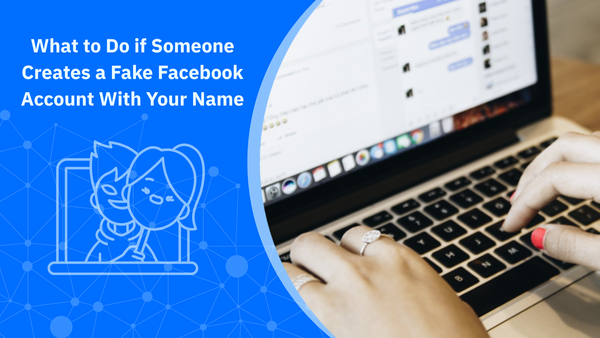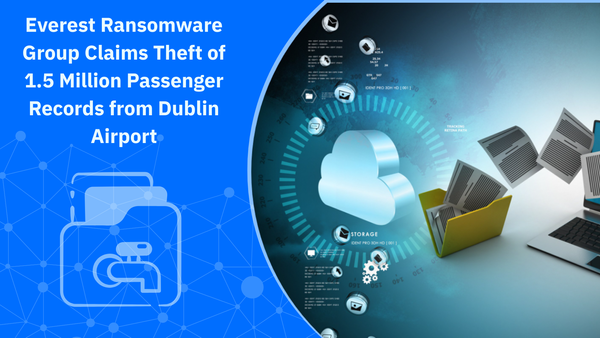From fun to data loss: the dark side of Facebook quizzes

Social media has plenty of entertaining distractions that make us laugh and giggle or simply help pass the time.
Remember all those seemingly harmless quizzes that you and your friends love to share on social media? They’re fun and promise to match you with fictional characters from your favorite books and movies, but they also pose serious privacy and security risks.
Should you take that Facebook quiz?
The short answer is NO. Quizzes that pop up on your social media feed may pair you with a Disney character or Harry Potter wizard, but they also make a resourceful tool that helps malicious actors conduct targeted attacks against you.
The Better Business Bureau (BBB) and other consumer-oriented agencies have frequently warned about the risks behind social media quizzes, as they can significantly increase the efficiency of social engineering tricks.
Cybercriminals create popular quizzes to gather seemingly innocuous data such as the month and day you were born, the street you lived on, your pet’s name, and your favorite food or color.
All this information can be correlated with your public profile data (phone number, friend list, email address, and other information) to create a clear picture of you. This process allows a potential attacker to custom-make attacks, take over accounts, and commit identity theft.
Moreover, some quizzes you find on social media platforms such as Facebook collect data usually linked to security questions for other online accounts, further increasing your security risks.
Other quiz posts you may come across in your digital adventures may also lead you to malicious websites that can infect your device with malware, including spyware and credential-stealing Trojans.
In 2019, Facebook even sued two quiz developers for allegedly scraping the private data of over 63,000 through browser plugins that promised to unveil different personality traits, among others. In another privacy snafu involving the infamous Cambridge Analytica case, the information of millions of Facebook profiles was harvested through another personality quiz on the platform.
Know your risks and safeguard your privacy and identity
While not all quizzes you come across online can directly impact your online privacy and security, we advise caution and just a little detective work. Just because your friends post their quiz results or share a link with you doesn’t mean you should do it too.
Quizzes that ask for access to your Facebook profile information are a dead giveaway. Be extremely cautious if the quiz developer asks you to provide access to your public profile, contact list, email address, photos, timeline posts, or even your messages.
How to stay safe
The best solution to protect your information and digital identity is to avoid answering online quizzes altogether. If you’ve taken Facebook quizzes in the past and are still fond of this online activity, we recommend following these steps:
- Analyze: There’s no such thing as overthinking when it comes to your online security. Before engaging with any online quiz, check the quiz type and developer and review the privacy policy. If the quiz asks for personal information, including your contact info and other unnecessary data, it’s best to avoid it. This is a clear sign of profiling and data harvesting.
- Adjust privacy settings: Go over your privacy settings on social media and check for any quiz app permissions that have access to your profile information.
- Change security question answer: If you know or think you’ve ever answered quizzes using answers for common security questions, it’s best to change them immediately.
- Limit the amount of personal info: Don’t share information like a phone number or home address on social media. Keep all information from your profile private.
- Monitor all friend requests. Don’t accept friend requests from strangers
- Enable 2FA or MFA: Use any additional layer of security for your online accounts.
- Use security tools: Bitdefender security solutions protect you against malicious links and other e-threats you may unwittingly interact with online.
- Report any suspicious quiz or links: If you think a quiz you see online is a scam, report the incident and monitor your online accounts.
- Educate others: Warn your friends and family against risks stemming from online quizzes to keep them safe.
You don’t need a Facebook quiz to tell you what superhero powers you secretly have.
Bitdefender Digital Identity Protection empowers you to discover and take control of your digital you, by discovering the extent of your online footprint, leaks of personal information and other privacy risks.
Read more about Bitdefender Digital Identity Protection and how to tackle privacy risks here.
tags
Author
Alina is a history buff passionate about cybersecurity and anything sci-fi, advocating Bitdefender technologies and solutions. She spends most of her time between her two feline friends and traveling.
View all postsRight now Top posts
How Do You Manage Your Passwords? We Ask Netizens
December 18, 2025
Cybercriminals Use Fake Leonardo DiCaprio Film Torrent to Spread Agent Tesla Malware
December 11, 2025
FOLLOW US ON SOCIAL MEDIA
You might also like
Bookmarks







